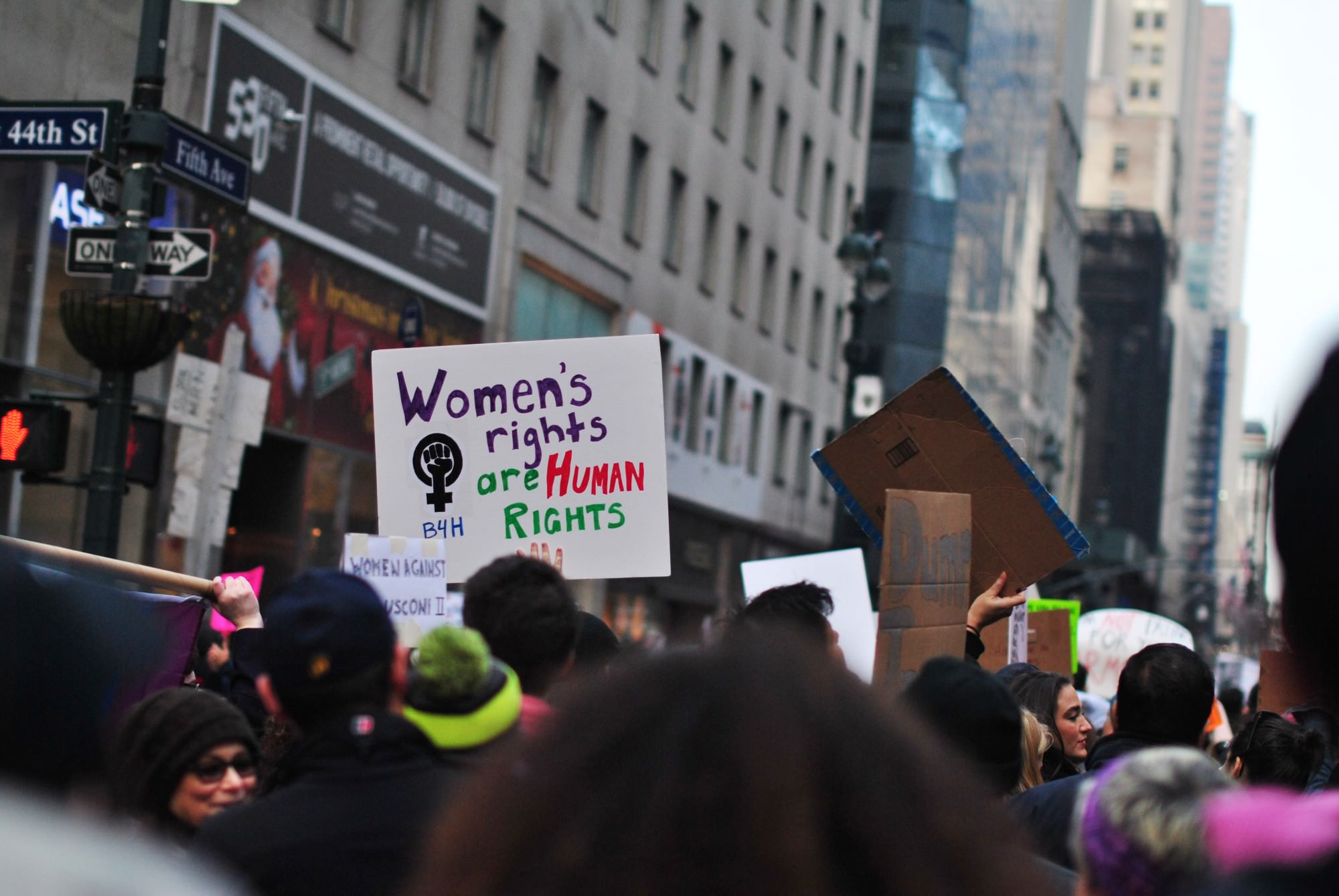World
Women’s Rights Under Attack in 80 Countries
By Jake Beardslee · June 28, 2023
In brief…
- The report "Global Backlash Against Women's Rights" reveals widespread gender biases worldwide, with nine out of ten individuals holding biases against women.
- Half of the women surveyed also exhibited biases against their own gender.
- In 80 countries, beliefs persist that men make better political leaders, 40% consider men superior as business executives, and a quarter find it justifiable for men to abuse their wives.
- Clara Dereudre explains backlash as a conservative reaction to advancements in women's and LGBT rights, intensified by the COVID-19 pandemic.
- Funding for the anti-rights campaign comes from a mix of state and non-state actors, including far-right groups, religious extremists, and international donors.

A disconcerting revelation of widespread gender biases has been brought to light in the recent report “Global Backlash Against Women’s Rights”. Co-authored by Clara Dereudre and backed by the UN Development Program’s Gender Social Norms Index, the study provides a comprehensive examination of the enduring gender stereotypes and regressive attitudes that obstruct the path towards gender equality.
The report uncovers a startling reality: nine out of ten individuals worldwide, irrespective of their own gender, harbor biases against women. Even more alarming is the fact that half of the women surveyed hold prejudices against their own gender. These deep-seated biases are not confined to any one region but are pervasive across the globe. The report reveals that in 80 countries, people believe men are superior political leaders, 40% perceive men as more competent business executives, and a staggering one-fourth consider it acceptable for men to physically abuse their wives.
In an interview, Clara Dereudre shed light on the concept of backlash, a term coined by American author Susan Faludi in 1991. She explained, “Backlash refers to the conservative reaction to advancements in women’s and LGBT rights. While not a new phenomenon, its recurrence and intensification, particularly during the COVID-19 pandemic, have posed significant threats to the progress made by women and the LGBT community.”
De Rood further elaborated on the diverse entities driving this anti-rights campaign, stating, “It’s not solely the far right. A combination of state and non-state actors, including far-right political groups, religious extremists, NGOs, and donors worldwide, are united behind this common agenda.” She also discussed the difficulties in tracing the funding sources, which range from religious movements in the United States to private foundations in Europe and Russia.
Even Sweden, once a pioneer in feminist policies, has experienced this backlash. Following the rise to power of a right-wing and far-right coalition in October 2022, the country abandoned its feminist foreign policy. De Rood remarked, “The decision to drop this expression signifies a rejection of gender equality in their policies.”
The report underscores the critical need for governments to provide substantial funding to feminist organizations to counteract this global backlash. De Rood concluded, “Feminist organizations worldwide are doing commendable work in combating these anti-rights movements. With increased resources and support from states with feminist foreign policies, they can enhance their efforts.”